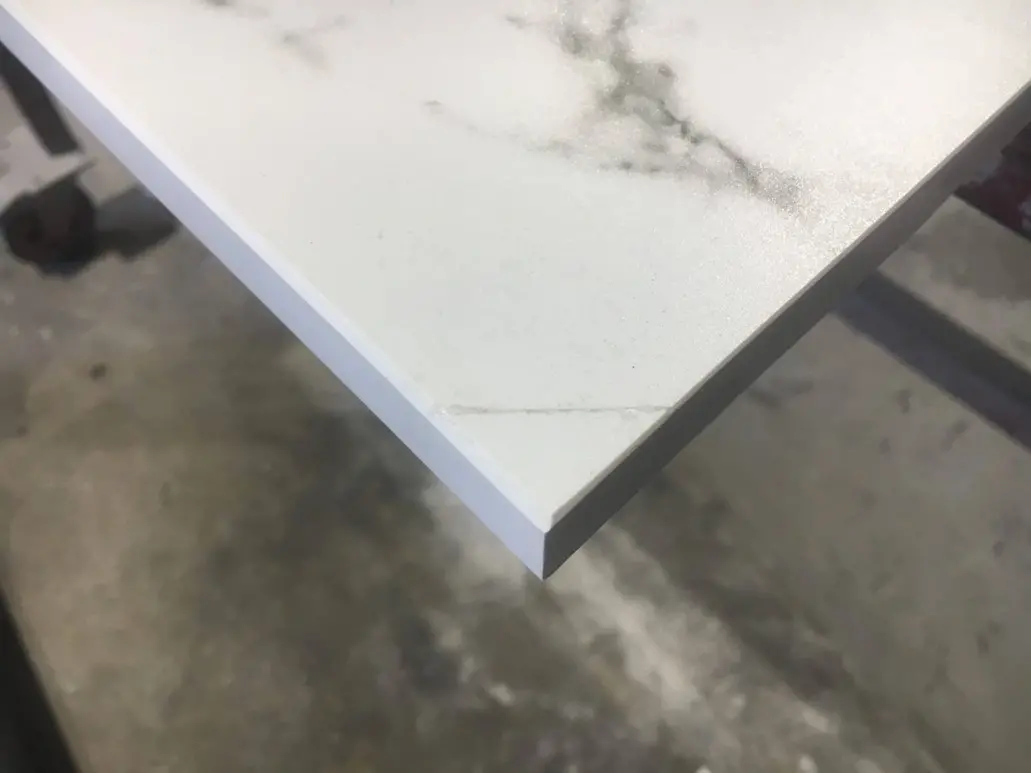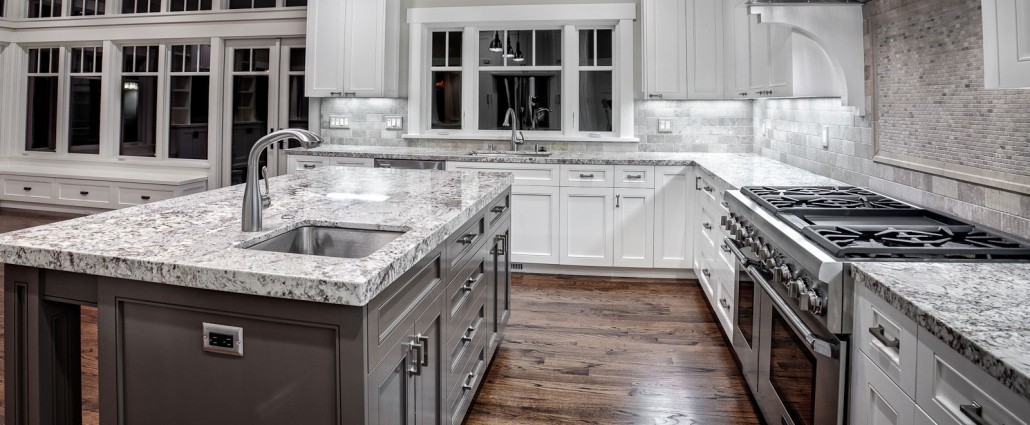
Is Dekton prone to chipping easily?
7 October 2023
Contact Us
Boisbriand
654 Curé-Boivin
Boisbriand, Quebec
J7G 2A7
Monday to Friday: 9 AM to 5 PM
Saturday: 9 AM to 5 PM
Phone: +1 450-419-5111
Email: [email protected]
Saint-Laurent
3850 Boulevard Côte-Vertu West
Saint-Laurent, Quebec
H4R 1V4
Monday: Closed
Tuesday to Saturday: 9 AM to 5 PM
Phone: +1 514-500-9866
Email: [email protected]

Dekton is known for its exceptional durability and resistance to chipping. It is engineered to withstand impact and wear, making it less prone to chipping compared to some other countertop materials such as natural stone or ceramic tiles. However, while highly resistant to chipping, it is not completely immune. Here are some factors to consider:

- Impact force: Dekton stands up well to daily use and minor impacts. However, extremely heavy or forceful impacts from hard objects — such as a heavy pot dropped directly on the countertop edge — can potentially cause chips.
- Edge profiles: The countertop’s edge profile can affect its susceptibility to chipping. A rounded or beveled edge is less likely to chip than a sharp, angular one.
- Installation: Proper installation by experienced professionals is essential to minimize the risk of chipping. Poorly installed Dekton surfaces, especially at edges and corners, may be more vulnerable.
- Care and maintenance: Routine care, such as using cutting boards and trivets for hot pans, helps prevent long-term chipping.
- Joint quality: If joints are present (common in large-scale installations), they must be properly sealed and reinforced to reduce the risk of chipping at the seams.
In summary, while Dekton is highly resistant to chipping and recognized for its durability, it is not entirely chip-proof. However, with proper care, maintenance, and reasonable precautions, the risk can be minimized, and Dekton surfaces can remain in excellent condition for many years.

